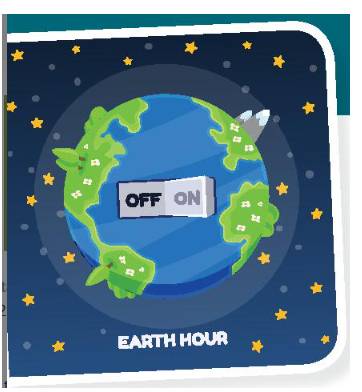Hãy nhập câu hỏi của bạn vào đây, nếu là tài khoản VIP, bạn sẽ được ưu tiên trả lời.

Tạm dịch:
A. Liên hợp quốc (UN) được thành lập vào năm 1945. Đây là một tổ chức của hầu hết các quốc gia trên thế giới. Mục tiêu chính của nó là hòa bình thế giới. Mặt khác nó cũng hoạt động để giảm nghèo và cải thiện cuộc sống của người dân. Việt Nam gia nhập tổ chức năm 1977. Kể từ đó, nước ta ngày càng năng động hơn và tham gia nhiều hoạt động của Liên hợp quốc trong đó có hoạt động gìn giữ hòa bình.
B. UNICEF được thành lập vào năm 1946. Tổ chức này hoạt động tại hơn 190 quốc gia để giúp cải thiện sức khỏe và giáo dục cho trẻ em. Nó đặc biệt nhằm hỗ trợ những trẻ em có hoàn cảnh khó khăn nhất trên toàn thế giới. Mục tiêu của UNICEF tại Việt Nam là bảo vệ trẻ em và đảm bảo chúng được khỏe mạnh, được giáo dục và an toàn không bị tổn hại.
C. UNDP được thành lập năm 1965 với tư cách là một bộ phận của Liên hợp quốc. Nó cung cấp hỗ trợ kỹ thuật, tư vấn chuyên gia và đào tạo để giúp người dân ở các nước đang phát triển có cuộc sống tốt hơn. Tại Việt Nam, UNDP phối hợp chặt chẽ với Chính phủ để xóa đói giảm nghèo và cải thiện đời sống của người dân.
D. WTO được thành lập năm 1995. Đây là tổ chức kinh tế quốc tế lớn nhất thế giới. Việt Nam trở thành thành viên WTO năm 2007. Từ đó đến nay, nền kinh tế nước ta đã đạt được mức tăng trưởng cao. Việt Nam cũng trở nên hấp dẫn hơn đối với các nhà đầu tư nước ngoài.

1. a | 2. b | 3. a | 4. c |
1. create (v): tạo ra
a. make something happen
(làm cho một cái gì đó xảy ra)
b. increase something
(tăng cái gì đó)
c. refuse something
(từ chối điều gì đó)
2. essential (adj): cần thiết
a. usual
(thường)
b. necessary
(cần thiết)
c. successful
(thành công)
3. respect (v): tôn trọng
a. have a good opinion of somebody
(có quan điểm tốt về ai đó)
b. look down on somebody
(khinh thường ai đó)
c. get on well with somebody
(có mối quan hệ tốt với người nào đó)
4. practical (adj): thực tiễn
a. connected with organisations
(kết nối với các tổ chức)
b. connected with ideas
(kết nối với các ý tưởng)
c. connected with real situations
(kết nối với các tình huống thực tế)

People have come to settle in Britain for centuries from many parts of the world. Some came to avoid political or religious persecution, and others came to find a better way of life or an escape from poverty. The Irish has long made home in Britain. Many Jewish refugees started their new life in the country at the end of the nineteenth century. In 1930s and after the World War II a large number of people from other European countries came to live there. There also have been many people who came from some countries in Asia. According to the results of a recent survey the non-white population of Great Britain was about 2.4 million, 4.5% the total population. Only half of them were born in Britain. Most of the non-white refugees live in the poorest areas of the cities or in the countryside, where they can only get the worst services and low living standards. All they have to suffer is due to racial discrimination. Although progress has undoubtedly made over the last twenty years in several areas, life is not really better to many non-white refugees. However, with their effort, many individuals have got success in their careers and in public life. The proportion of ethnic minority workers in professional and managerial jobs has increased.
Question: 1. What is the text about?
.............non-white refugees' life in Britain........................................................................................................................
Question: 2. How many non-white refugees live in Britain?
........................ 1.2 million.........................................................................................................
Question: 3. What do most of the non-white refugees in Britain have to suffer?
.................Most of the non-white refugees in Britain have to suffer racial discrimination....................................................................................................................
Question: 4. What does the word “individuals” refer to?
.....................non-white refugees..........................................


1: active
2: disadvantaged
3: better
4: largest
5: attractive